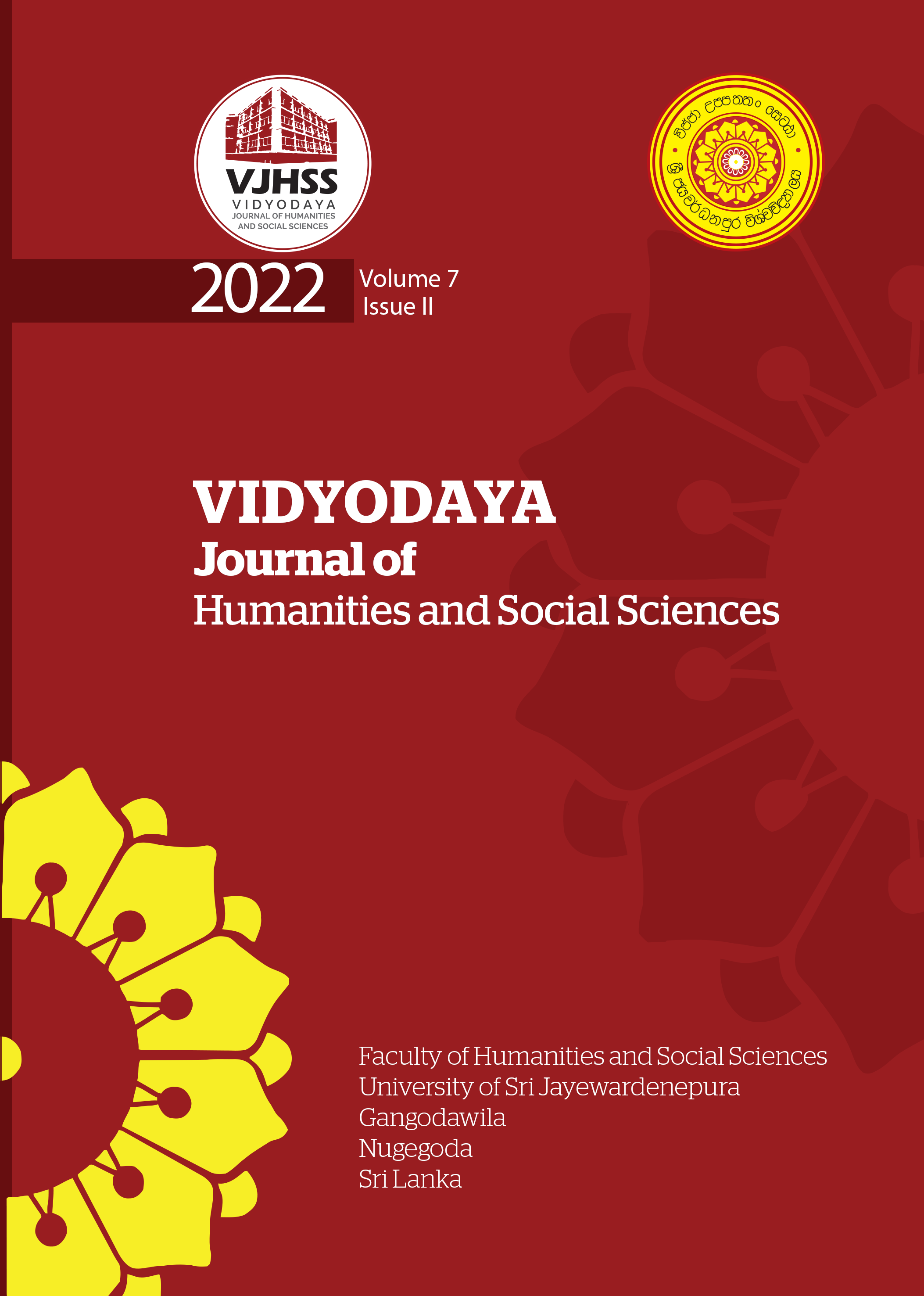A Study on the Impact of Legal Literacy on Crime Control and Prevention (With Special Reference to Selected Communities in Rathnapura Police Division in Sri Lanka)
Abstract
Self-empowerment and establishing a law-abiding through legal literacy have become a prominent need today. The present study investigates the impact of community awareness on crimes and the feasibility of utilizing it successfully to control and prevent crimes. The research question was Does the level of legal awareness affect the rise of crimes? and Dose the level of legal awareness contributes to Crime control and prevention? The study sample included 82 families out of 1643 families in the Grama Niladhari Divisions in and in the vicinity of the Rathnapura City area. The sample was selected using the Stratified Sampling method and Judgmental Sampling method, and questionnaires were used to collect data, which were analyzed through IBM SPSS 22 version software. The research revealed that the participants are ignorant regarding individual rights and security, crimes and legal nature of crime, and punishments, which made 65% become victims of crimes, and 90% be involved in criminal activities due to inadequate legal literacy. Unawareness of the criminal justice system and its procedure has made 85% of the participants undergo various difficulties. Therefore, the level of legal awareness does affect the control and prevention of crimes significantly. Hence, it is concluded that legal awareness empowers society, and its contribution to personality development lays the foundation for an intelligent community. Therefore, every person must be provided with equal opportunity to improve legal awareness, including law as a school subject and promoting legal awareness as a national policy among the public, victims, social groups, public servants and law-makers contribute to a legally literate society.



